Top tips for securing a job in esports

The esports industry is booming, offering a multitude of career opportunities beyond just playing games. With a global audience of over 800 million and a market projected to more than quadruple from $2.06bn in 2024 to $9.29bn in 2032, it’s one of the most exciting industries to explore right now!
In the UK, this year has seen several major esports events with huge prize money on offer, including a $1m tournament ESL One Birmingham in April which attracted more than 325,000 viewers and Rainbow Six Major Manchester in May at the BEC Arena which saw 20 teams compete for $750,000 in prize money.
This industry growth translates into numerous well-paying job opportunities, with a wide-range of roles up for grabs in the UK. Recent positions being advertised include Senior Strategy Manager – Gaming for Worldpay with a salary up to £84,000 and a Brand Partnerships Manager at Ginx paying up to £45,000.
Exploring career paths in esports
Esports isn’t just about being a top player. There are a number of roles currently being recruited for that support the gaming industry. To be able to perform, esports players and teams need significant support and the many roles include:
- Games animator
- Game designer
- Game developer
- Gaming bug tester
- Journalist/content creator
- PR/marketing executive
- Product manager
- Sales/partnerships manager
- Sound designer
- Broadcast/production crew
- Event manager
You can develop so many transferable skills in these roles which translate to other careers in tech, digital and STEM industries, including software development, network engineering, design, branding and marketing.
Steps to launch an esports career
Here are our top tips to help your child break into the esports industry:
- Get the right training and qualifications
Like any career, obtaining relevant training and qualifications is almost a pre-requisite. Calderdale College’s Level 3 courses in Esports and Games Design starting this September, at our brand new state-of-the-art gaming and media centre Mill Studios at Dean Clough, will equip them with the skills they need. Get their applications in now!
- Build a portfolio
A quality portfolio exhibiting all of the game development or design work they’ve done or other skills related to the type of job they’re applying for is one of the first things a prospective employer will look for, alongside a great cover letter showcasing personality and soft skills. Tutors will help make sure portfolios are top notch.
- Gain work experience or internships
Encourage your young ones to secure work experience or an internship to boost their chances in a competitive market. They’ll need to contact teams, organisations, tournament providers, broadcasters and other companies that are involved in esports.
- Volunteer
Potential esports students can become a volunteer; many companies are often looking for event staff, tournament admins, writers and many other support roles. This kind of experience will look good on their CV and help to develop industry contacts.
- Be proactive and practice
Be bold! A great way to learn, perfect any skills and improve is to practice the role they aspire to. If they want to be a pro player, join a local team. If they want to be an esports journalist, start a blog and promote their content on social media.
- Explore job opportunities
When they are nearing the end of their course and have built up some experience, sign up to job alerts online to follow the kind of companies they want to work for and check for job openings. Job sites to bookmark include Hitmarker, Glassdoor and Indeed.
For more information about esports courses starting this September and our new gaming and media centre, Mill Studios opening soon at Dean Clough, visit HERE.






